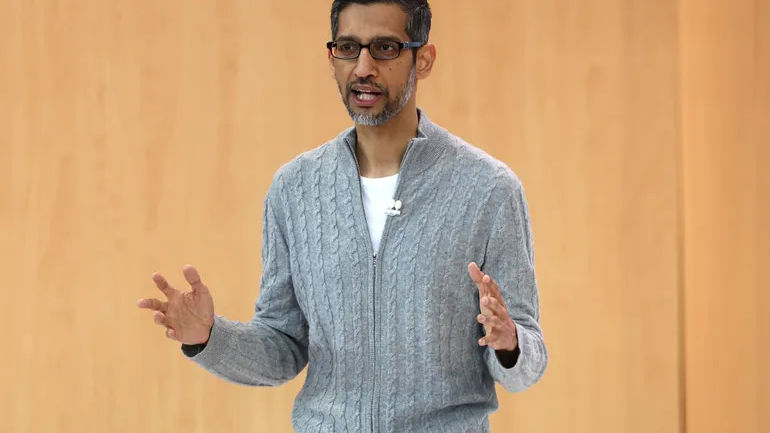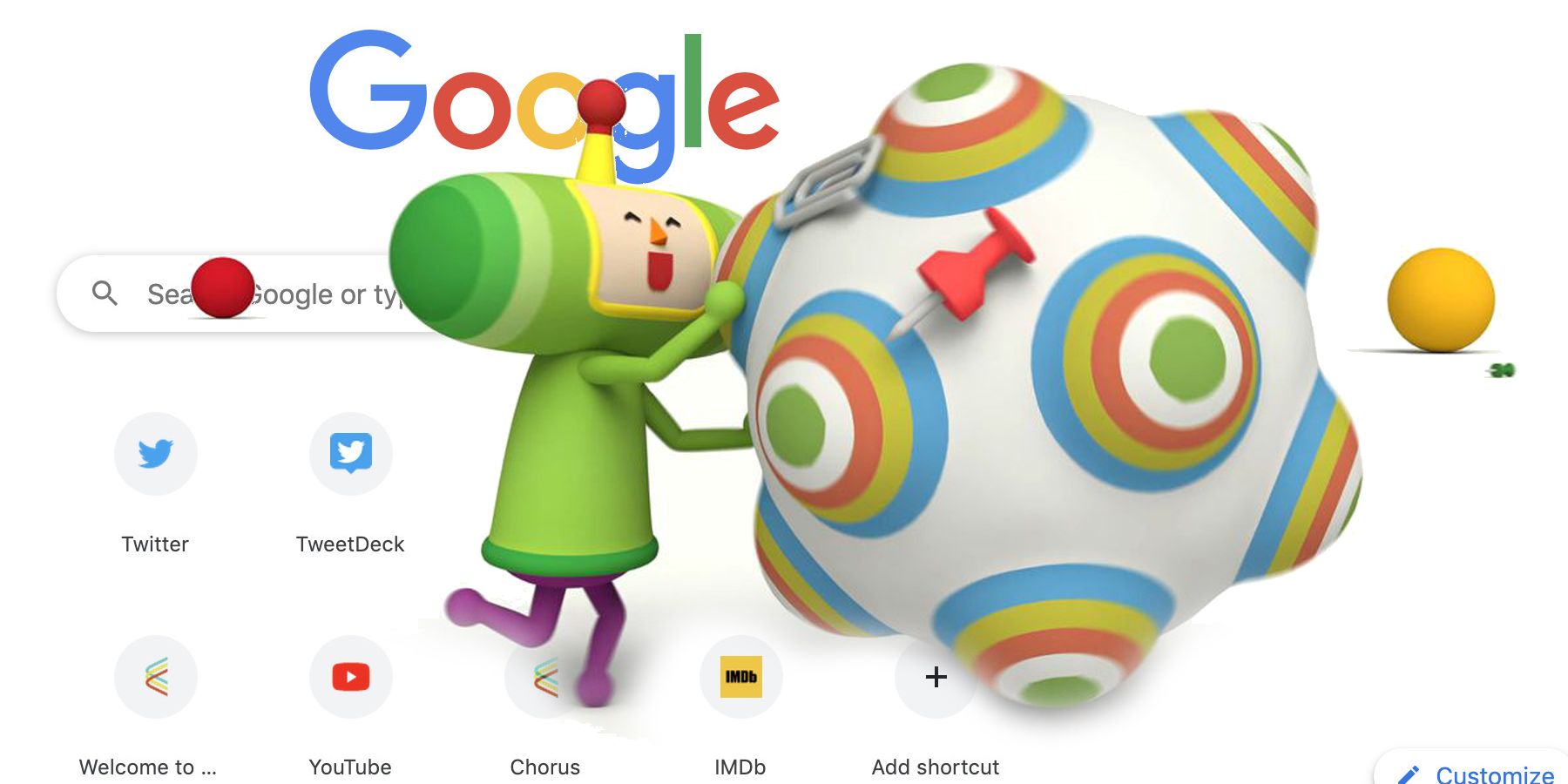
Google's 'Gemini Age' Emerges with Strong Ad Demand on Search and YouTube

Amidst a surge in ad investments and the advancement of AI capabilities, Google's primary revenue stream thrived in the first quarter. Despite this success, experts highlight uncertainties for the company's future trajectory.
Article Brief:
Google owner Alphabet reported a revenue increase of 15% year-over-year in Q1 to $80.54 billion, according to an earnings statement. The results topped analyst expectations.
Total advertising revenues reached $61.66 billion, showing a 13% increase from the previous year. Google's largest segment, Search and other, experienced a 14% year-over-year growth, reaching $46.16 billion. Meanwhile, YouTube saw a significant momentum with a 21% year-over-year increase, reaching $8.09 billion. However, network revenues declined by 1% year-over-year.
According to CEO Sundar Pichai, the company is currently in its "Gemini era," which refers to the generative artificial intelligence (AI) software that Google has heavily invested in. This move is aimed at staying competitive in an emerging sector that has the potential to reshape the fundamentals of search and beyond.
Google Reports Strong Quarter in Advertising Revenue
Google reported a robust quarter in advertising revenue, reflecting the industry's positive growth trend. The boost in search was fueled by retail, while YouTube experienced strong demand from advertisers. This was supported by the popularity of TikTok-like Shorts and YouTube TV, which recently introduced new ad formats such as pause ads. Despite not disclosing revenue from Shorts, Google executives mentioned that the monetization rate is improving compared to in-stream viewing.
Evelyn Mitchell-Wolf, a senior analyst at eMarketer, mentioned in an email that YouTube has seen significant growth due to investments in live sports, crackdowns on ad blocking, and improvements in Shorts monetization. This has resulted in the platform experiencing its strongest growth rate in two years.
Google, like its competitors, focused on highlighting advancements in generative AI during discussions. This technology is expected to revolutionize Google's main source of income. Over the past year, Google has been testing a Search Generative Experience (SGE) powered by generative AI and is actively incorporating more AI features into traditional search.
During a call with investors, Pichai mentioned how technology shifts like the web, mobile, and voice technology have expanded search capabilities in the past. Now, he sees a similar shift with generative AI on the horizon.
AI is increasingly important for Google's ads business. The Gemini AI model, introduced in December, has been integrated into Performance Max campaigns to help with creating assets. Advertisers using this tool to automate images and text saw a 63% increase in campaigns with strong ad strength, according to Chief Business Officer Philipp Schindler. Google has been focusing on Performance Max campaigns, which have been available for advertisers for three years, as automation becomes more prevalent.
Google is teaming up with WPP, a leading agency network, to integrate its Gemini models with the agency's Open operating system. WPP works with major brand clients like The Coca-Cola Company, who are eager to adopt generative AI technology.
However, Google's generative AI approach faced challenges. Gemini sparked controversy by generating strange and historically inaccurate images. Concerns have also been raised about the impact of products like SGE on monetization, as they may reduce the number of pages users visit during searches. Despite these concerns, executives assure that AI search adjustments will drive traffic to top publishers and merchant sites. Yet, there is still anxiety surrounding the potential revenue effects.
Google is facing challenges with phasing out third-party cookies in Chrome, a project that has been delayed three times. Investors did not inquire about the cookie plans.
The company is also dealing with regulatory issues, including an antitrust crackdown that could peak in Q2. EMarketer’s Mitchell-Wolf mentioned that the future of Google’s core search business is uncertain.
Mitchell-Wolf mentioned that a verdict is anticipated in the U.S. DOJ's antitrust trial in the next quarter. He also noted that the inclusion of AI-generated elements in Google's primary search interface could potentially be the most significant alteration to the search advertising market since it began.
Editor's P/S:
Google's strong advertising revenue growth in Q1 underscores the resilience of the digital advertising industry. The company's focus on generative AI, particularly through its Gemini model, signals its commitment to staying at the forefront of technological advancements. While AI holds immense potential to enhance search experiences and streamline ad campaigns, concerns remain about its impact on monetization and the potential for inaccurate or biased results.
Despite these challenges, Google's continued investment in AI and its collaborations with partners like WPP demonstrate its determination to capitalize on the transformative power of this technology. The company's ability to navigate regulatory hurdles and address concerns about privacy and accuracy will be crucial in shaping its future success in both the search and advertising markets.











